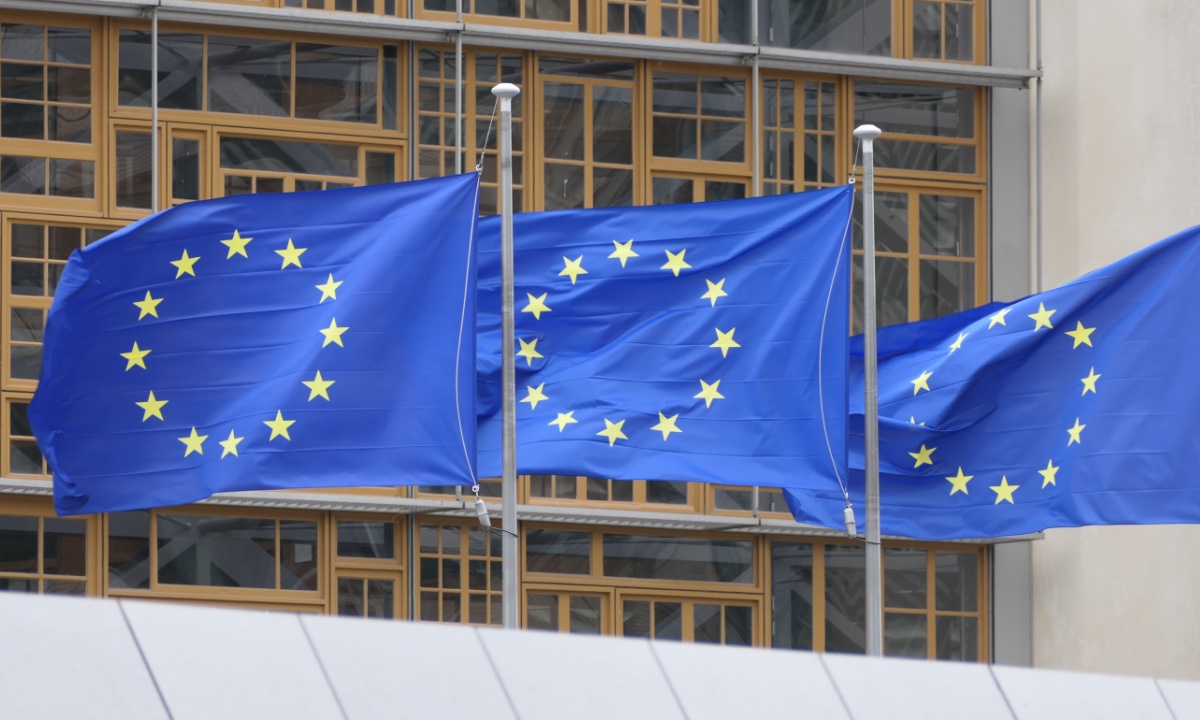
European Union (EU) regulators are expected to deliver a decision by December 6 on whether to approve Novo Holdings’ proposed acquisition of Catalent, a contract drug manufacturer, according to information on the European Commission’s website. This regulatory review comes following a formal request for EU clearance filed by Novo Holdings, the primary shareholder of the pharmaceutical giant Novo Nordisk, on October 31.
Featured News
South Korean Law Firm Lee & Ko Adds Antitrust Partner Min-Ho Lee
Jan 15, 2026 by
CPI
Trump Nominates Business Executive and GOP Donor to FTC
Jan 15, 2026 by
CPI
OSTP Official Lays Out Details on White House AI Initiatives At House Hearing
Jan 15, 2026 by
CPI
Eli Lilly and Novo Nordisk Accused of Blocking Access to Lower-Cost Weight-Loss Drugs
Jan 15, 2026 by
CPI
Visa, Mastercard and Revolut Fail to Block UK Fee Cap Proposal
Jan 15, 2026 by
CPI
Antitrust Mix by CPI
Antitrust Chronicle® – CRESSE Insights
Dec 16, 2025 by
CPI
Learning from Divergence: The Role of Cross-Country Comparisons in the Evaluation of the DMA
Dec 16, 2025 by
Federico Bruni
New Regulatory Tools for the EU Foreign Direct Investment Screening and Foreign Subsidies Regulation
Dec 16, 2025 by
Ioannis Kokkoris
“Suite Dreams”: Market Definition and Complementarity in the Digital Age
Dec 16, 2025 by
Romain Bizet & Matteo Foschi
The Interaction Between Competition Policy and Consumer Protection: Institutional Design, Behavioral Insights, and Emerging Challenges in Digital Markets
Dec 16, 2025 by
Alessandra Tonazzi